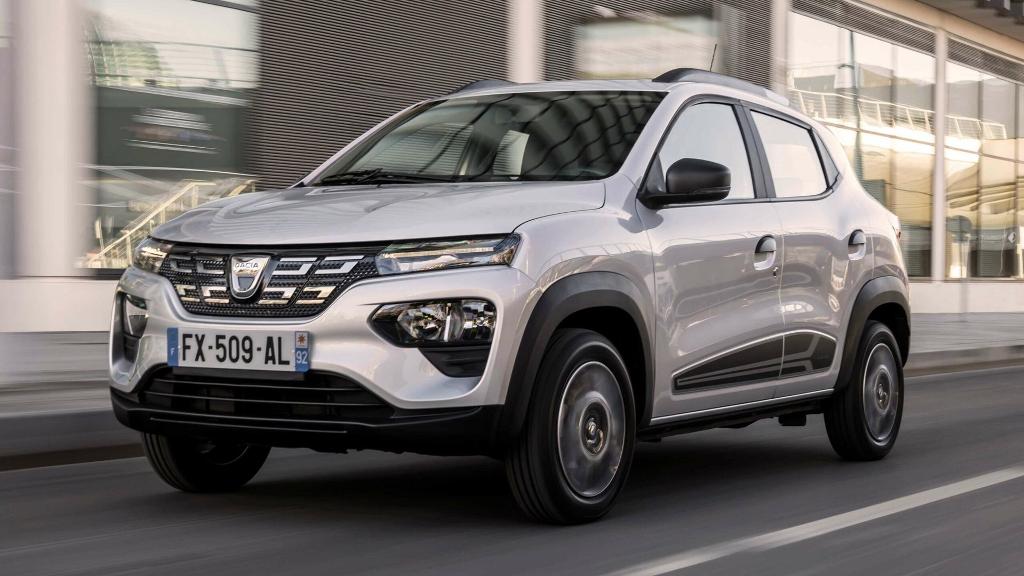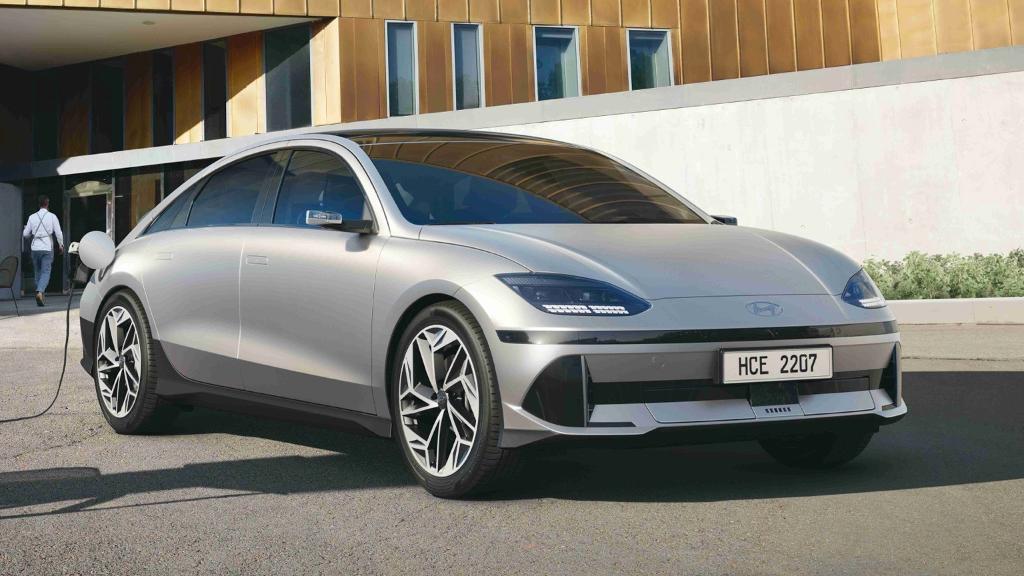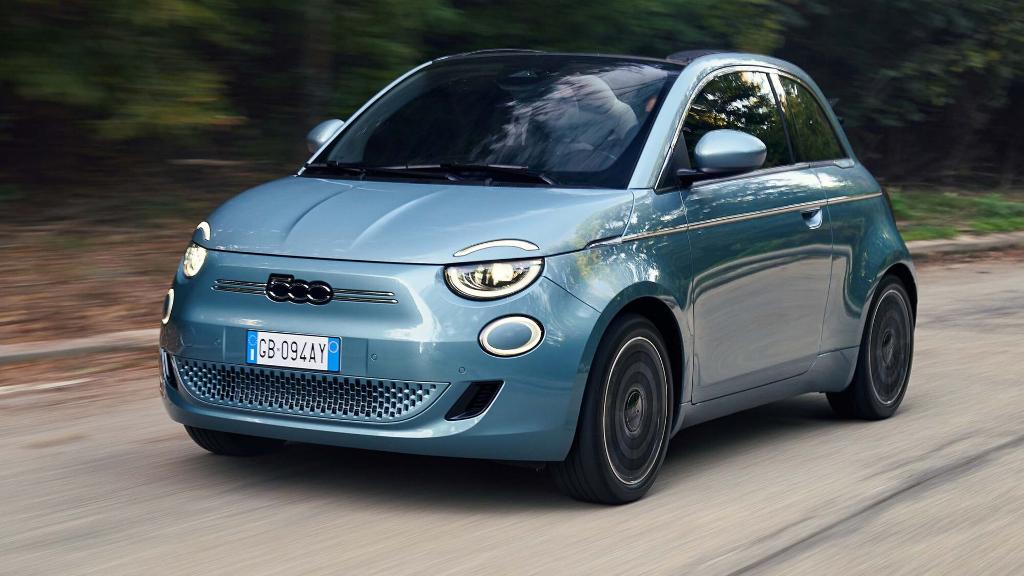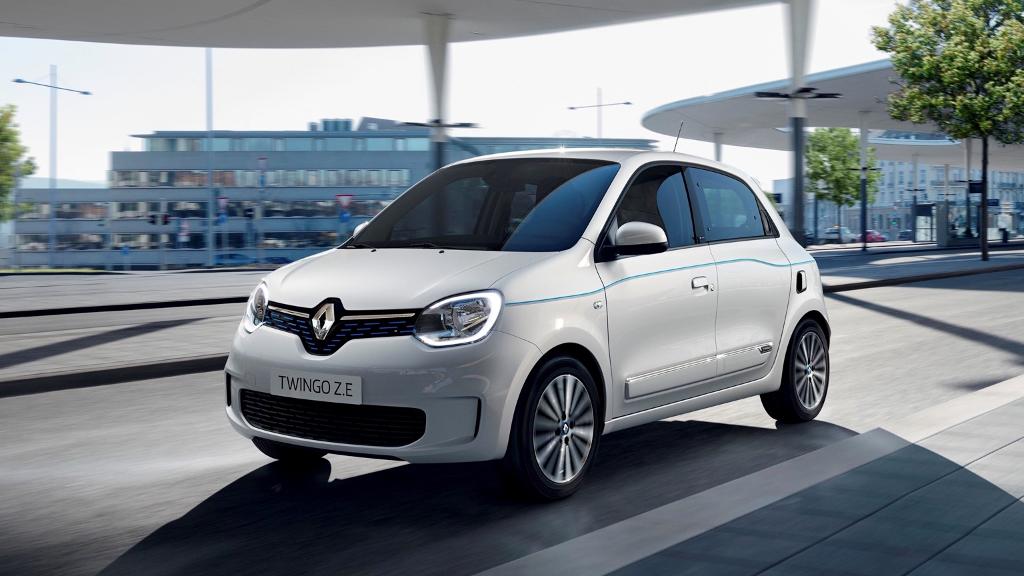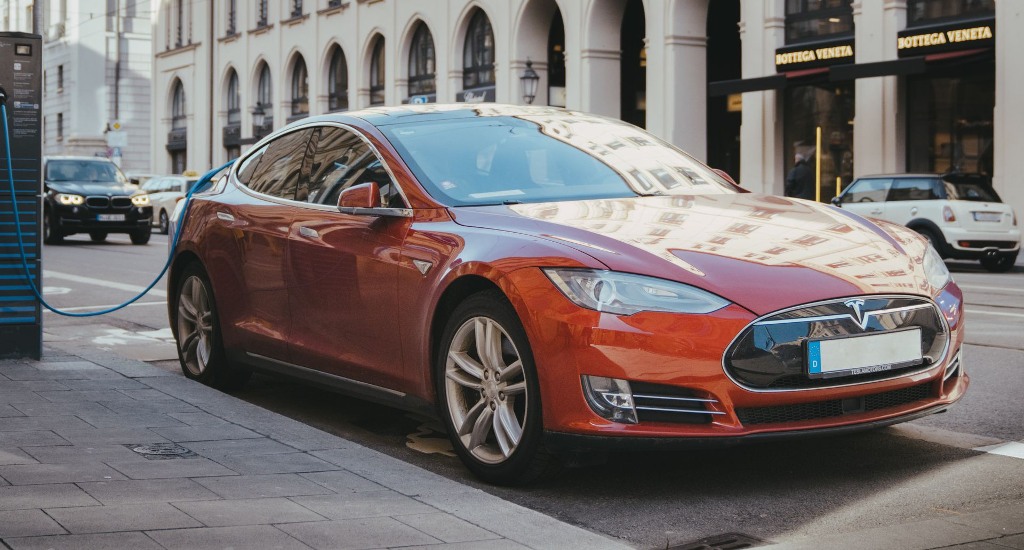These are the 5 most fuel-efficient cars on the market.
There is a lot of talk about electric cars these days, with a variety of models and brands available. If you're considering purchasing an EV, it's important to know what to look for. One key aspect to consider is the car's fuel efficiency, which essentially indicates how much energy the car uses. There are several factors that influence energy consumption, such as acceleration, weight, top speed, and maintenance costs. In this list, we will focus on the five most fuel-efficient electric cars currently available on the market.
What is a fuel-efficient car?
Het is algemeen geweten dat met de auto rijden niet de meest ecologische keuze is. Maar door met een elektrische wagen te rijden, kan je de uitstoot en verbruik van je verplaatsing flink verminderen. Dit noemen we "zuinig rijden", maar wat betekent zuinig eigenlijk in deze context?
Een EV wordt zuinig genoemd omdat hij, eerst en vooral, geen brandstof nodig heeft. Dit betekent dat er geen CO² wordt uitgestoten, wat goed is voor de planeet maar ook voor jouw gezondheid. Het is ook efficiënter; bij een gewone brandstofmotor gaat bijna 70% van de energie verloren in warmte. Bij een elektrische auto is dit veel minder dus kan je 3 keer meer afstand afleggen met dezelfde hoeveelheid energie!
The simplest way to determine the fuel efficiency of an electric car is to look at its consumption rate. This is expressed as the amount of energy used while driving, measured in kWh (kilowatt-hours) per 100 kilometers. This data is professionally measured using the WLTP (worldwide harmonised light vehicle test procedure) die wereldwijd een standaard beschrijft voor het bereik en verbruik van elektrische voertuigen.
Dit zijn momenteel de 5 zuinigste elektrische wagens op de markt, volgens de WLTP:
Dacia Spring Electric (13 kWh/100 km)
Hyundai IONIQ 6 (13,9 kWh/100 km)
Fiat 500e (14 kWh/100 km)
Renault Twingo (14 kWh/100 km)
Tesla Model 3 (14,2 kWh/100 km)
